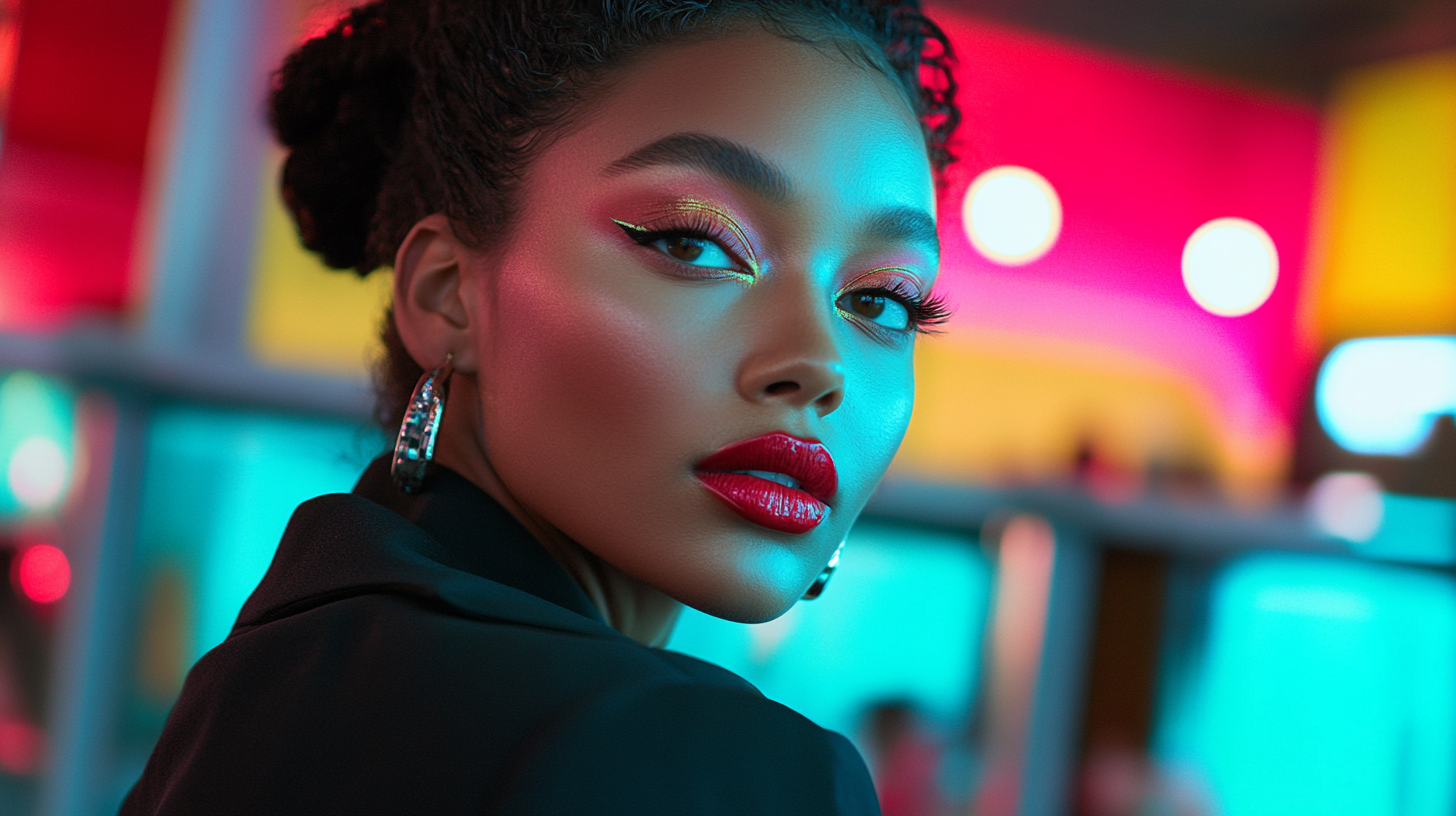
Championing Equity: The Struggles of Black Founders in the Beauty Industry

Black Founders in the Beauty Industry: Facing Challenges and Seeking Equity
The beauty industry has long been celebrated for its vibrant diversity, from its creative products and advertisements to the influential voices promoting them. However, when examining the landscape more closely, it becomes glaringly apparent that the systemic challenges faced by Black founders create substantial barriers to entry and success within this competitive space. This isn't just an oversight; it's a systemic issue rooted in historical wealth gaps and recent policy shifts that jeopardize equity and diversity.
Understanding the Landscape
Black-owned beauty brands make up only 4-7% of the overall market share. This is a staggering statistic that highlights the underrepresentation of Black entrepreneurs in a multi-billion dollar industry. Achieving success in the beauty realm requires not only creativity and innovation but also considerable capital investment. Unfortunately, Black founders often find themselves at a disadvantage when it comes to securing funding. Predominantly white investor networks and the lack of access to financial resources create a tough mountain to climb for aspiring Black beauty entrepreneurs.
The Impact of Grant Programs
One of the critical aspects that have exacerbated these challenges is the elimination of essential grant programs aimed at providing financial aid to Black-owned businesses. Grants can be a vital lifeline, offering the support needed for startups to thrive. The lack of these initiatives reinforces systemic inequalities, leaving many founders without the means necessary to launch or scale their brands.
Grants for Black-Owned Businesses: Historically, these grants have helped to propel businesses into the market, allowing for growth and innovation. The current trend of reducing or removing these grants only serves to widen the gap.
Effects on Economic Equity: By negating these funding opportunities, we are not just harming individual entrepreneurs but also sacrificing the potential for meaningful change within the industry. Economic equity isn't merely a concept; it’s a necessity for creating a truly diverse beauty market.
The Role of DEI Initiatives
Diversity, Equity, and Inclusion (DEI) initiatives are more than just buzzwords—they represent a commitment to fostering representation and fairness within the industry. However, the effectiveness of these initiatives can sometimes be questioned when tangible results are slow to materialize. For Black founders to succeed, DEI must translate into actionable support, including:
Access to Education and Resources: Programs designed to equip Black founders with necessary skills and knowledge are crucial. This includes workshops, mentorship, and networking opportunities that connect them with industry veterans.
Reduced Barriers for Funding: Investors and corporations must recognize the importance of diversifying their portfolios to include Black-owned beauty brands. Investments should not be solely based on traditional metrics but also on the richness of innovation these founders can bring to the table.
Economic Impact and Importance of Representation
The beauty industry thrives on representation, both in products and branding. However, a lack of representation directly affects how products are marketed and how consumers connect with brands. When Black founders are sidelined, it not only limits diversity within products but inhibits an entire demographic's ability to find relatable options.
Cultural Relevance: Brands led by Black founders often encapsulate cultural nuances that resonate with other consumers. This connection is vital in a market where personal identity plays a significant role in purchasing decisions.
Inspiring the Next Generation: Representation is crucial for youth empowerment. When young Black individuals see successful founders who look like them, it inspires them to pursue their dreams—helping to cultivate a new generation of beauty entrepreneurs.
Tapping Into a Larger Ecosystem
For meaningful change to occur, the beauty industry must broaden its approach to inclusivity. This includes creating larger ecosystems that support Black-owned brands in the following ways:
Collaborative Partnerships: Companies within the industry should take on a more collaborative stance, partnering with Black-owned brands to amplify voices and provide exposure. Joint ventures can lead to innovative products that celebrate diverse communities.
Consumer Engagement: Shoppers have the power to choose which brands to support. By opting for Black-owned beauty brands, consumers can drive demand and encourage companies to invest in diversity—essentially voting with their wallets.
Call to Action for Industry Leaders
Industry leaders must champion the cause of Black entrepreneurs by advocating for policies that foster economic growth. This includes lobbying for a reestablishment of grant programs uniquely designed for Black-owned businesses, as well as showing a commitment to DEI principles. Leading companies should not only participate in conversations about diversity but actively contribute to creating solutions.
Conclusion
The intersection of beauty and economic opportunity is fraught with challenges for Black founders. By addressing systemic gaps, advocating for equitable funding, and emphasizing the need for representation, we can pave the way for a more inclusive industry. While the road ahead may be tough, the potential for impactful change is significant.
- Quick Tips for Awareness:
- Follow Black-owned beauty brands on social media to support their visibility.
- Participate in community discussions about equity in beauty.
- Share stories of successful Black founders to inspire others.
As discussions around diversity continue to evolve, it’s crucial for everyone involved in the beauty industry to work towards an equitable landscape—one where all voices have a chance to shine. Together, we can cultivate an environment that not only values diversity but thrives because of it.
Explore more of our blogs for deeper insights into the beauty world, and join us as we highlight the voices that deserve to be heard.